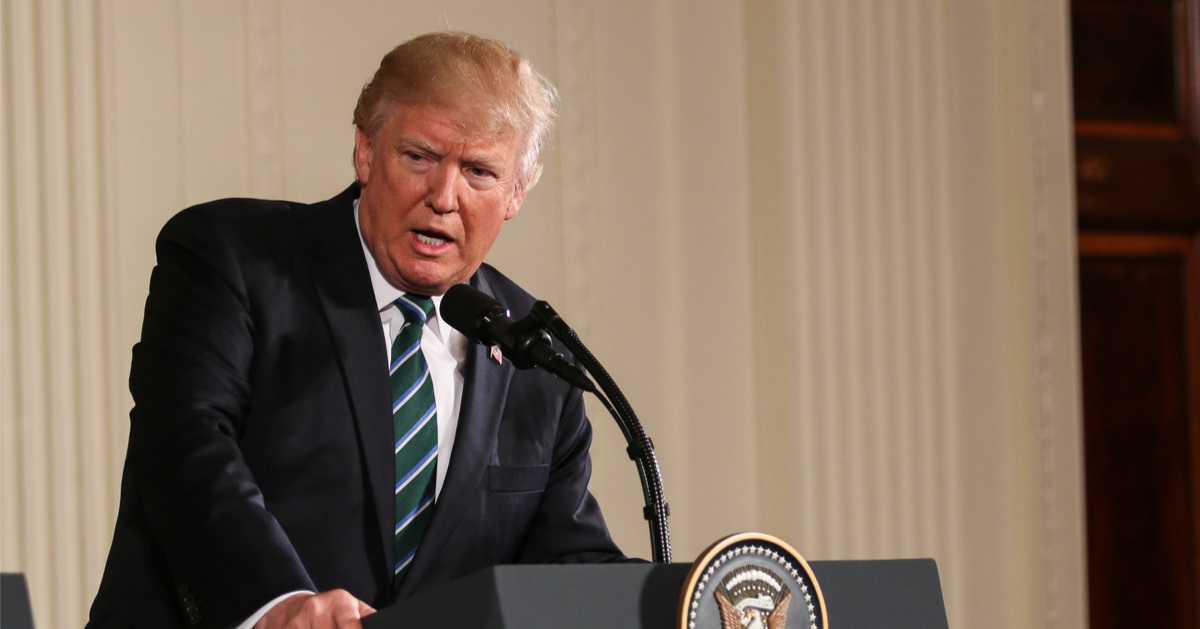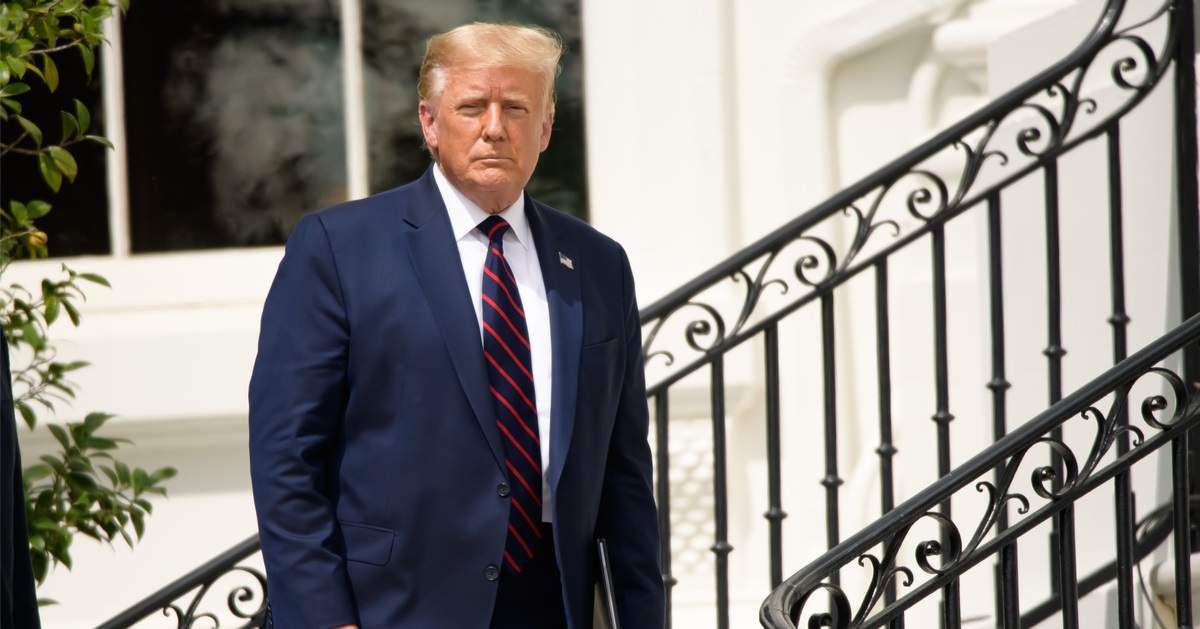Supreme Court rules on frozen USAID payments
The international community has been in a tizzy since President Donald Trump decided to halt money flowing through USAID to other nations and outside programs.
On Wednesday, the Supreme Court dismissed the Trump administration's attempt to suspend a lower court's decision for roughly $2 billion in foreign aid, providing a temporary reprieve for relief groups and contractors seeking payment for finished, as Breitbart News reported.
The justices ruled 5-4 that the lower court's Feb. 26 deadline for the Trump administration to pay the monies had passed and sent the matter back to the district court for payment specifics.
"Given that the deadline in the challenged order has now passed, and in light of the ongoing preliminary injunction proceedings, the District Court should clarify what obligations the Government must fulfill to ensure compliance with the temporary restraining order, with due regard for the feasibility of any compliance timelines," the Court said.
From Another Court
On Wednesday, U.S. District Judge Amir Ali promptly addressed the issue by mandating that both parties appear in court on Thursday to evaluate feasible repayment schedules.
The court stated in a minute order that the counsel for both parties should be prepared to discuss a proposed schedule for the Trump administration to comply with its outstanding payments.
The order noted that the proposed schedules "should account for the length of time that has passed since the TRO, [temporary restraining order] was entered and the feasibility of any compliance timelines."
"The parties should also be prepared to discuss the steps Defendants have taken to come into compliance with the Court's orders, including any further steps that were executed following the parties' joint status report, as well as the parties' proposed schedule for Defendants coming into compliance."
SCOTUS' Opinions
Four justices voiced their disagreement: Brett Kavanaugh, Neil Gorsuch, Samuel Alito, and Clarence Thomas.
"Does a single district-court judge who likely lacks jurisdiction have the unchecked power to compel the Government of the United States to pay out (and probably lose forever) 2 billion taxpayer dollars? The answer to that question should be an emphatic ‘No,’ but a majority of this Court apparently thinks otherwise," Alito wrote. "I am stunned."
On February 26, Chief Justice John Roberts agreed to temporarily suspend a lower court's ruling that mandated the Trump administration to pay all outstanding invoices to foreign aid groups by 11:59 p.m., a sum totaling approximately $1.9 billion. The Justice Department had contended that this deadline was "impossible" to meet.
Although the chief justice had been widely anticipated to refer the matter to the full court for review, Roberts did not provide a rationale for agreeing to pause the order issued by U.S. District Judge Amir Ali, a Biden appointee.
Case's Future
Still, the decision to remand the case to the lower court in order to determine the precise amount and timing of the Trump administration's obligation to pay could potentially enable Trump officials to delay repayment even further.
The foreign aid groups argued last week that Roberts' delay had impeded their ability to file a motion of civil contempt against the Trump administration.
Employees from the affected groups said in interviews this week that this legal move could have pushed forward their process of reclaiming the money.




